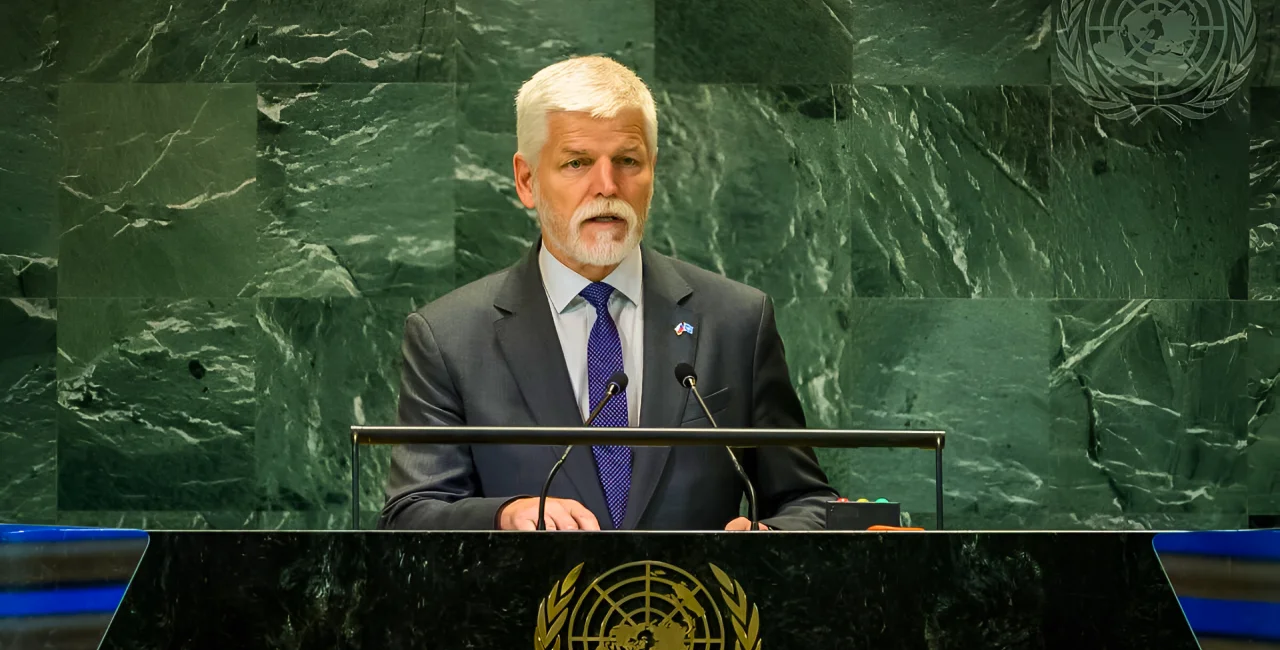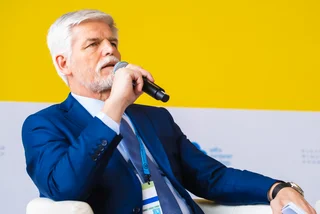Czech President Petr Pavel told The New York Times Monday that Ukraine must be realistic about its goals and accept that parts of the country could temporarily remain under Russian control.
The New York Times reported that Pavel, a former senior NATO general and one of Ukraine’s strongest supporters in its war with Russia, said it is time for Ukrainians and their allies to face reality.
PARTNER ARTICLE
With Russia-friendly populist leaders like Hungarian Prime Minister Viktor Orban disrupting European unity over the war and with fatigue from 19 months of conflict “growing everywhere,” Ukraine “will have to be realistic” about its prospects of recovering Russian-occupied territory, Pavel said in an interview.
“The most probable outcome of the war,” he said, “will be that a part of Ukrainian territory will remain under Russian occupation, temporarily.” However, he noted that this “temporary” situation could last years.
Since Ukraine’s lengthy counteroffensive failed to retake significant territory last year, European officials have increasingly spoken privately about Ukraine’s slim chances of regaining much of its lost land. Publicly, most maintain that any future settlement with Russia is Kyiv’s decision, not that of the EU or NATO, the New York Times writes.
Ukraine’s future will be a major topic at this week’s UN General Assembly in New York. Ukrainian President Volodymyr Zelenskyy will appeal for more military and political support during his speech on Wednesday. The publication adds that he will also present a “victory plan” to President Biden in Washington on Thursday before unveiling it publicly.
Pavel said neither Ukraine nor Russia can expect to achieve their maximalist goals. For Ukraine, this means recovering all its territory, including Crimea, which Russia seized in 2014. For Russia, it means Ukraine formally ceding land Moscow claims, including four regions only partially controlled by Russian forces.
“To talk about a defeat of Ukraine or a defeat of Russia – it will simply not happen,” Pavel said. “So the end will be somewhere in between.”
Pavel cited “a number of examples” of territories held temporarily by Moscow. Though he did not specify, Eastern European experts often point to the Soviet Union’s occupation of Estonia, Latvia, and Lithuania, which lasted for half a century before those nations regained independence in 1991.
Pavel dismissed as “nonsense” populist leaders’ calls – such as those by Orban, a critic of military aid – for Ukraine to swiftly sue for peace and stop draining resources better spent on Europe’s domestic needs.
However, he said Ukrainians need to be “realistic about the support they can expect” from governments under increasing pressure to reduce assistance against Russia.
“The issue is linked to populism,” Pavel said. “It’s easy to say: ‘Let’s stop providing Ukraine with weapons and ammunition, and then peace will come on its own.’”
“As someone with experience in defense and security and with knowledge of Russia, I know that peace will not come from a declaration by Ukraine that it will stop fighting,” he added. “Russia will not stop its military activities.”












 Reading time: 2 minutes
Reading time: 2 minutes 

























